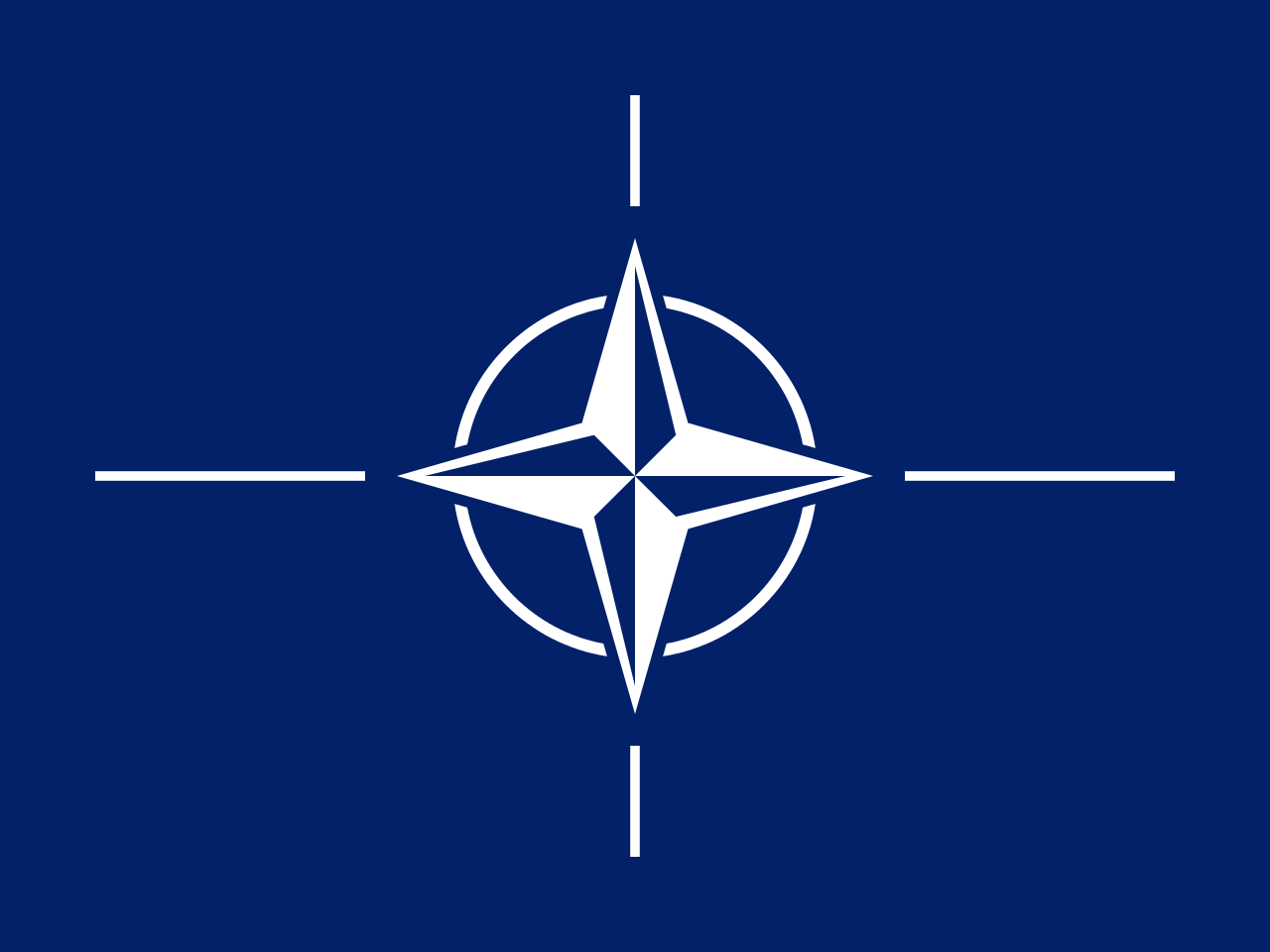Of critical importance is Article 5's universally accepted intent – to deter potential aggressors from attacking any NATO member. It has been invoked only once – after the Sept 11 terror attacks on the US. This was the first time that NATO military assets were deployed in support of an Article 5 operation. One could interpret this rare incidence of a violent assault against a NATO member as Article 5's undeniable success in deterrence.
That was in 2001. The signals from Washington, regarding the efficacy of NATO itself, during the last few years have been, at the very least, confusing. The US president has been a harsh critic of NATO overall, even calling it ‘obsolete'. His reassurances of unwavering US commitment to a strong NATO and of NATO deployment in the Baltic states was given to the three Baltic presidents just one year ago in April 2018 as had other presidents in 1998 and 2013. He also stressed that he wanted better relations with Russia while commenting that only ‘stupid people' would think otherwise, while emphasizing that no one was tougher on Russia than the US.
One cannot deny that better relations and maintaining toughness could be consistent. But it has been the negative observations of various US officials questioning the importance of securing the Baltic countries versus avoiding hostilities with Russia that have fueled doubts among NATO skeptics. (Read more: Estonian Life No. 15 2019Estonian Life No. 15 2019)
Laas Leivat, Toronto




